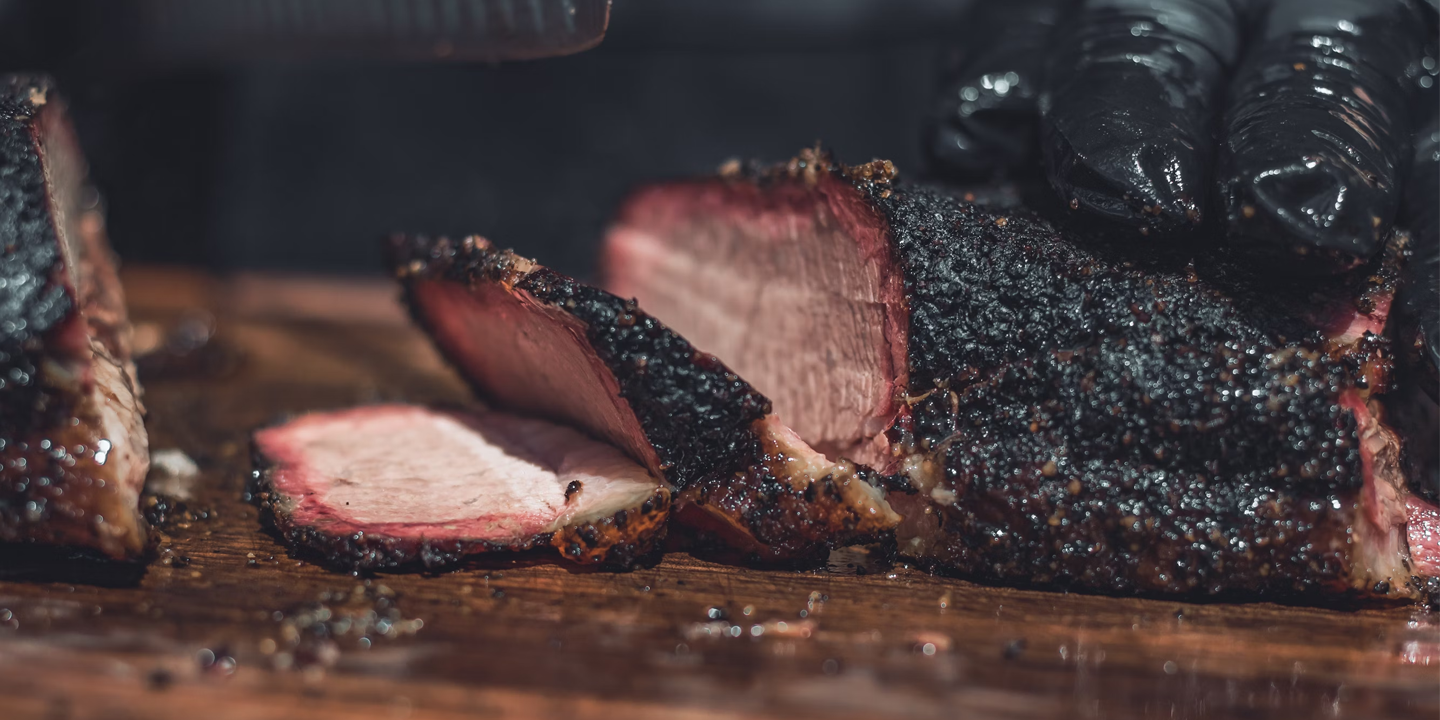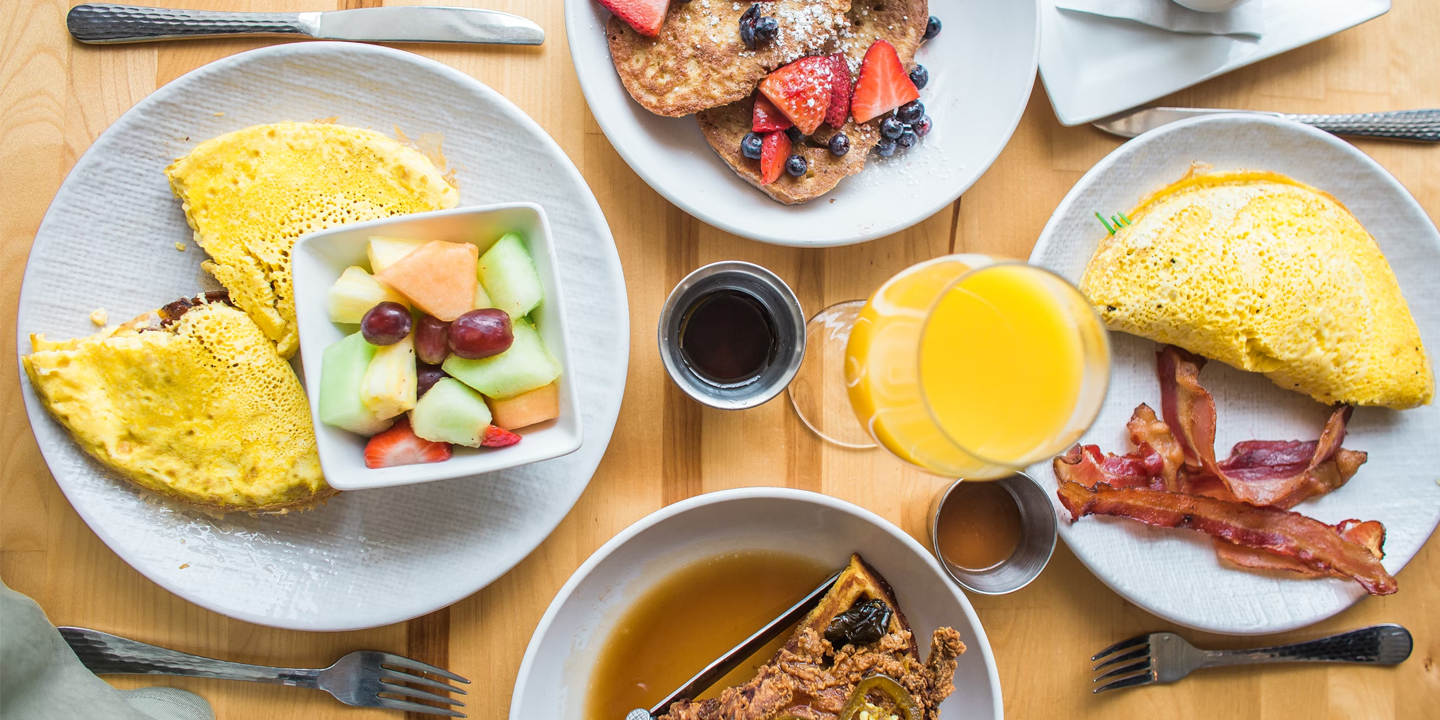10 Foods To Avoid If You Have Gout & 10 That Can Help The Symptoms
To put it lightly, a sudden flare-up of gout is a painful inconvenience. Joints, particularly those in your feet or knees, can swell and become inflamed, making it difficult to walk or even sleep without remedies. While an attack is the last thing you want to deal with, a change in diet helps keep the symptoms at bay. Take a look at 10 foods that only beckon it, and which 10 can keep it away.
1. Beer
Beer is loaded with purines, which are converted to uric acid in the body—and a uric acid build-up is what leads to a gout attack. But beer isn’t the only beverage on the chopping block—any alcoholic drink can lead to a flare-up of gout, so they’re best avoided.
2. Red Meat
Red meat, such as lamb, beef, or pork, is rich in purines and saturated fats—neither of which are good for gout. A regular diet of red meat is a one-way ticket to an attack.
 Photo by Edson Saldaña on Unsplash
Photo by Edson Saldaña on Unsplash
3. Shellfish
Sorry, seafood lovers! Shrimp, lobster, and crab are all linked to elevated uric acid levels. If you regularly consume shellfish, don’t be surprised if your joints pay the price later.
 Photo by Farhad Ibrahimzade on Unsplash
Photo by Farhad Ibrahimzade on Unsplash
4. Sugary Drinks
Beverages with his levels of sugar can also come with high levels of fructose. Fructose has been linked to an elevated level of uric acid, which you’d want to avoid with gout.
 Photo by Mahbod Akhzami on Unsplash
Photo by Mahbod Akhzami on Unsplash
5. Sodium
On the flip side, too much sodium is also bad news for those with gout. Canned soup, processed meats, and salty snacks not only lead to high blood pressure, but excessive sodium also interferes with uric acid excretion.
 Photo by Jeff Siepman on Unsplash
Photo by Jeff Siepman on Unsplash
6. Fatty Foods
Fried foods, battered fish, or fast food are all flare-ups waiting to happen. Fried foods all come with excessive calories and unhealthy fats, both of which are leading causes of weight gain. Weight gain can worsen symptoms in those already suffering from gout.
 Photo by Meelan Bawjee on Unsplash
Photo by Meelan Bawjee on Unsplash
7. Certain Vegetables
Don’t think you can get away with no veggies! While most vegetables are highly encouraged to balance out your diet, some like asparagus, spinach, or mushrooms contain elevated levels of purines. Eating these in large quantities can lead to a flare-up, so it’s best to consume in moderation.
 Photo by Thanh Soledas on Unsplash
Photo by Thanh Soledas on Unsplash
8. Oatmeal
While not the biggest problem on this list, eating oatmeal regularly can interfere with gout. Oatmeal contains a moderate amount of purines and by consuming too much of it, you could easily encounter an attack or worsened symptoms.
 Photo by Margarita Zueva on Unsplash
Photo by Margarita Zueva on Unsplash
9. Certain Seafood
Shellfish isn’t the only seafood no-no. Given their high purine levels, mackerel, mussels, oysters, and anchovies are all best avoided in large quantities. Even classics like tuna or halibut are best left to moderate quantities lest you fancy a flare-up.
 Photo by Yukiko Kanada on Unsplash
Photo by Yukiko Kanada on Unsplash
10. Organ Meat
Organ meats like liver and kidney have high levels of purines, making them perfect candidates to exacerbate existing gout symptoms. Avoid eating them in large quantities, or steer clear altogether.
 Image by Ирина Александрова from Pixabay
Image by Ирина Александрова from Pixabay
Now let’s have a look at which foods will help keep symptoms at bay.
1. Cherries
With anti-inflammatory compounds like anthocyanins and flavonoids, cherries are often a godsend for those with gout. Plain cherries or cherry juice have been associated with lower levels of uric acid in the blood, which can prevent flare-ups.
 Photo by Roksolana Zasiadko on Unsplash
Photo by Roksolana Zasiadko on Unsplash
2. Water
You should stay hydrated even if you don’t have gout. But for those looking to avoid a sudden attack, water helps flush out excess uric acid, which prevents the likelihood of crystallization in the joints, and thereby a flare-up.
 Photo by Jacek Dylag on Unsplash
Photo by Jacek Dylag on Unsplash
3. Bell Peppers
Bell peppers come with a healthy dose of vitamin C and antioxidants, both of which have been linked to lower uric acid levels. Not only can bell peppers decrease inflammation, they can support joint health and help reduce the risk of a gout attack.
4. Eggs
Eggs are a great source of protein for those living with gout. Eggs are low in purines, so incorporate them into your diet for a safe way to ingest some protein and protect your joints.
 Photo by Ben Kolde on Unsplash
Photo by Ben Kolde on Unsplash
5. Coffee
Before you get too excited, we’re talking about coffee in moderation! A moderate amount of coffee can assist with uric acid excretion, so a cup is encouraged.
 Photo by Fahmi Fakhrudin on Unsplash
Photo by Fahmi Fakhrudin on Unsplash
6. Low-Fat Dairy
Things like milk, yogurt, and certain cheeses are rich in calcium and vitamin D, both of which are linked to lower levels of uric acid. Not only does low-fat dairy protect your joints from a nasty flare-up, but it also keeps bones strong.
 Photo by an_vision on Unsplash
Photo by an_vision on Unsplash
7. Nuts and Seeds
Fiber, protein, and healthy fats are all present in nuts and seeds, making them an ideal choice for those with gout. Eating them in moderation can help you get the nutrients you need while scaring away a sudden flare-up.
 Photo by Pratik Bachhav on Unsplash
Photo by Pratik Bachhav on Unsplash
8. Ginger
Is there anything ginger can’t do? It’s a natural remedy for gout, namely because it contains anti-inflammatory compounds called gingerols and shogaols that help with joint pain. Incorporate it into your diet or even have a mug of ginger tea to reap all the benefits.
 Photo by sentot setyasiswanto on Unsplash
Photo by sentot setyasiswanto on Unsplash
9. Quinoa
If you’re looking for a nutritious whole grain that’s low in purines, look no further than quinoa. It’s loaded with fiber and protein, too, meaning it’s a great way to support overall health in addition to stabilizing gout attacks.
 Photo by Pierre Bamin on Unsplash
Photo by Pierre Bamin on Unsplash
10. Pineapple
Pineapple has an anti-inflammatory enzyme called bromelain, which helps soothe painful gout symptoms. Fresh pineapple is the way to go if you’re experiencing a sudden flare-up.
KEEP ON READING










